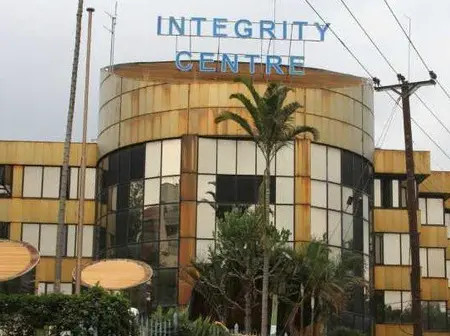President William Ruto’s recent stinging criticism of Parliament as the bastion of corruption is a big blow to its image. The revelation that there is rampant bribery through the parliamentary committees is damning. It confirms that what drives these leaders is not the calling to serve the people, but to pursue personal gain.
This is so despite constitutional provisions to guarantee that the MPs’ performance yields value for voters and a return on the huge government resources put at their disposal, and their decent salaries and hefty allowances.
The Law Society of Kenya (LSK) has petitioned the High Court to ensure that State agencies come up with and enforce a code of ethics for the MPs. Long overdue, judging from the rampant impunity, are the proposed sanctions, including prosecution and loss of salary for misconduct.
Also being sought is a declaration that the people have a constitutional duty to provide information on the integrity of individuals vying for, or holding, elective office before they are cleared to vie.
In 2022, the Ethics and Anti-Corruption Commission attempted to bar 241 aspirants from contesting, but most of them were eventually cleared by the Independent Electoral and Boundaries Commission (IEBC).
The LSK accuses the MPs of neglecting their duty to protect people from individuals of questionable integrity. The Leadership and Integrity Act, the society argues, requires public officers to act professionally and uphold the rule of law and maintain public trust. However, this has not been adequately enforced in politics.
In its petition, the LSK also wants the Public Service Commission and the Salaries and Remuneration Commission barred from facilitating the payment of salaries or allowances to public officers found guilty of violating integrity standards.
It is in the public interest for the State agencies to enforce the constitutional provisions on leadership and integrity during the vetting of election candidates. Shady characters are often sneaked in through vetting, which can explain the corruption in Parliament. It should be rectified.

Leave a Reply